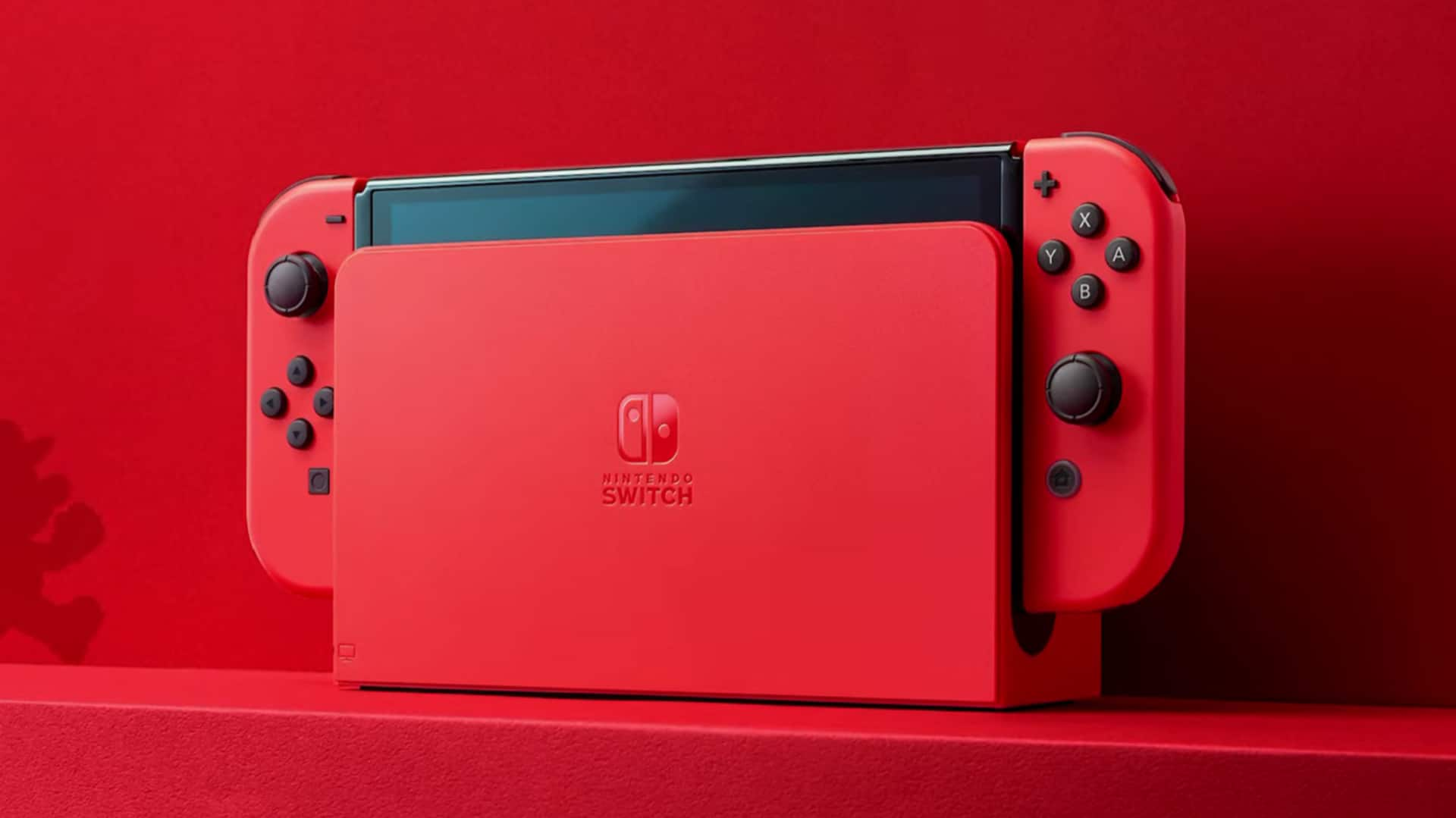
Nintendo Switch successor will support existing games and online services
What's the story
Nintendo has officially confirmed that its upcoming "Nintendo Switch successor" will be backward compatible. The announcement was made through the company's Japanese account on X, during a Corporate Management Policy Briefing. The tweet, credited to Nintendo President Shintaro Furukawa, said that the new console would support existing Nintendo Switch software and online services.
User transition
Nintendo's commitment to user experience continuity
The policy briefing also reiterated Nintendo's focus on making the transition from the current Switch console to its successor as seamless as possible. The company intends to use the Nintendo Account system and the strong relationship it has built with over 100 million annual users on the current platform. This way, it will keep access to a massive library of unique Switch games, which will be key to the success of the new console.
Twitter Post
Take a look at Nintendo's post
This is Furukawa. At today's Corporate Management Policy Briefing, we announced that Nintendo Switch software will also be playable on the successor to Nintendo Switch. Nintendo Switch Online will be available on the successor to Nintendo Switch as well. Further information about…
— 任天堂株式会社(企業広報・IR) (@NintendoCoLtd) November 6, 2024
Compatibility specifics
Backward compatibility details yet to be disclosed
Despite confirming backward compatibility for its next console, Nintendo has not yet detailed how this feature will work. It is still unclear if physical game cards will be a part of this compatibility plan. "Further information about the successor to Nintendo Switch, including its compatibility with Nintendo Switch, will be announced at a later date," the company said.
Past precedents
Nintendo's history with backward compatibility
Nintendo has long been known for providing backward compatibility in its portable consoles, including Game Boy and Nintendo DS/3DS lines. The feature was also available in console hardware from 2001's Gamecube to 2012's Wii U. However, the Switch, a hybrid console/portable device, broke the tradition by not giving access to individual downloadable Virtual Console games on Wii and Wii U.